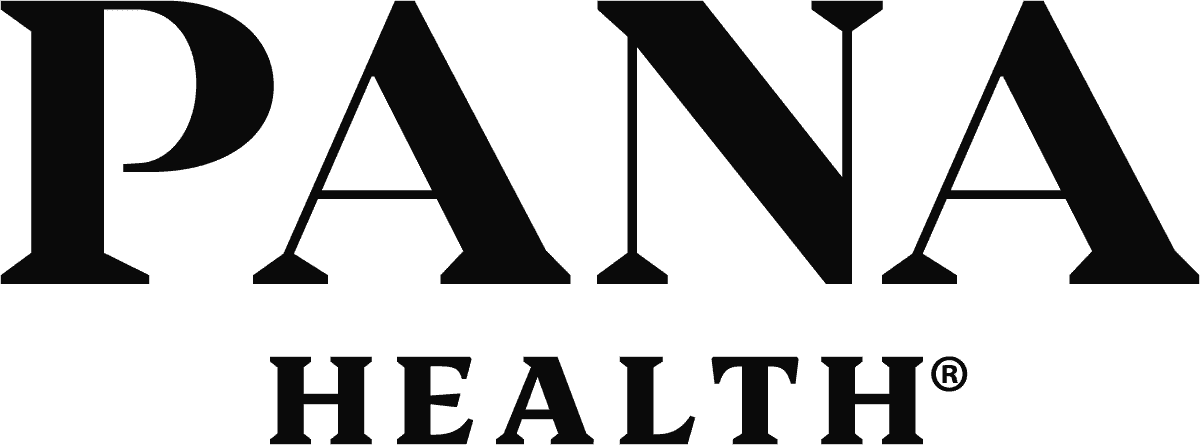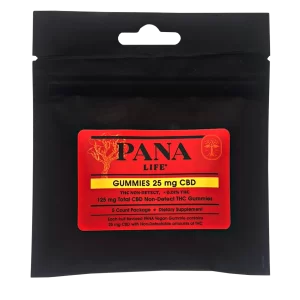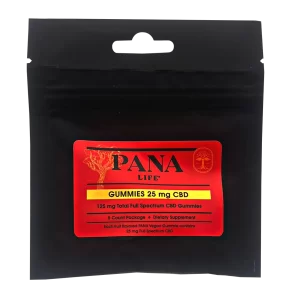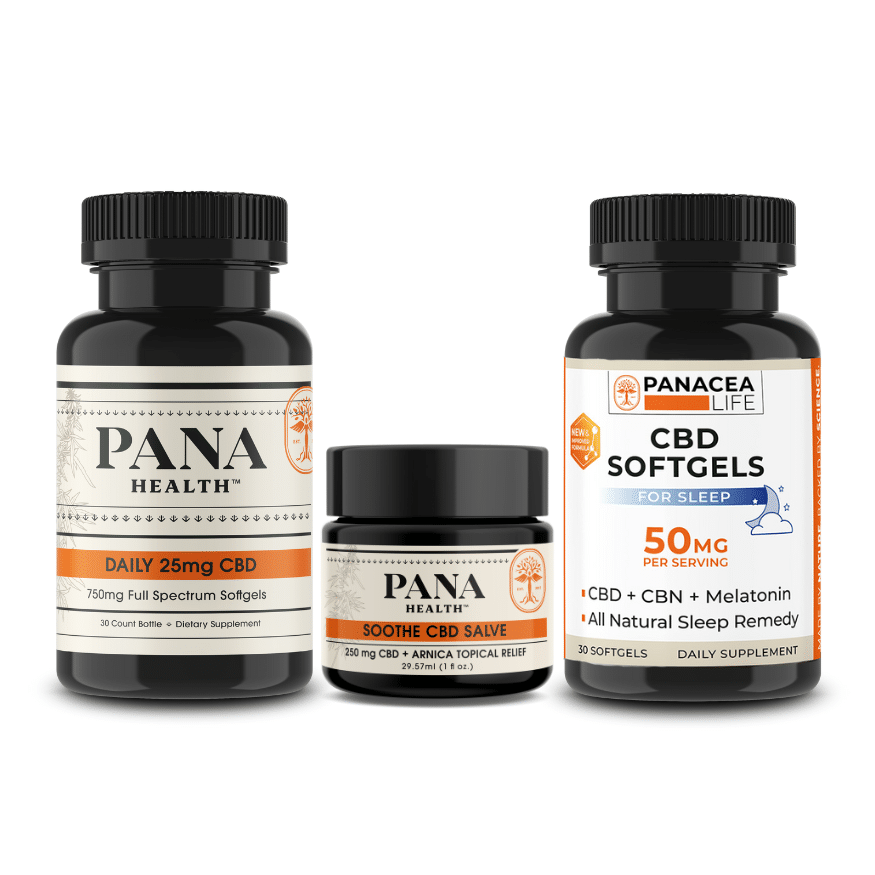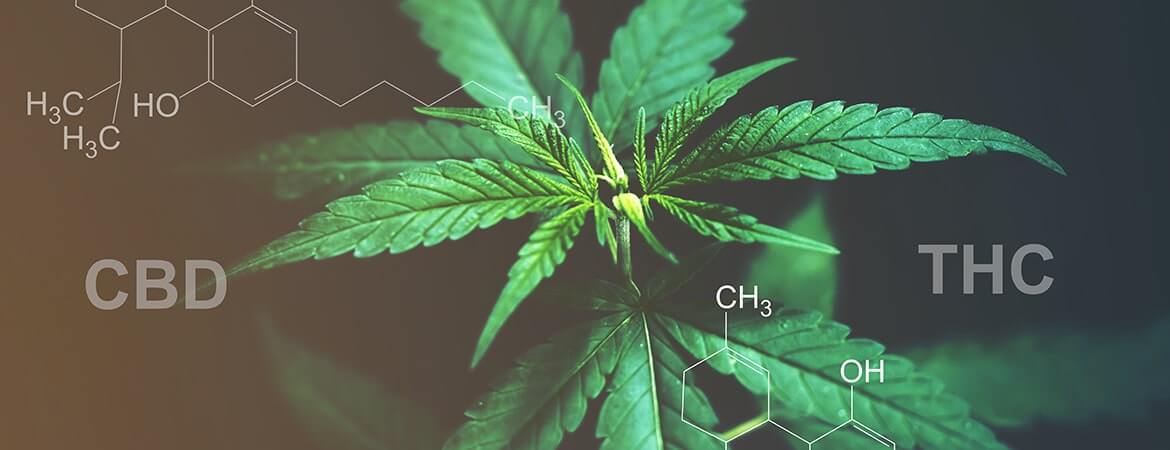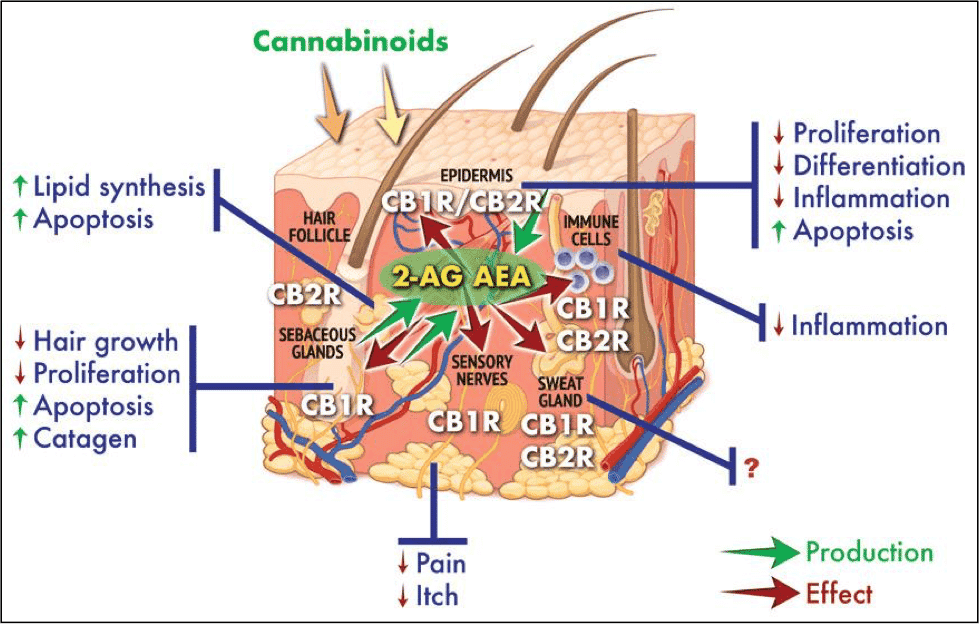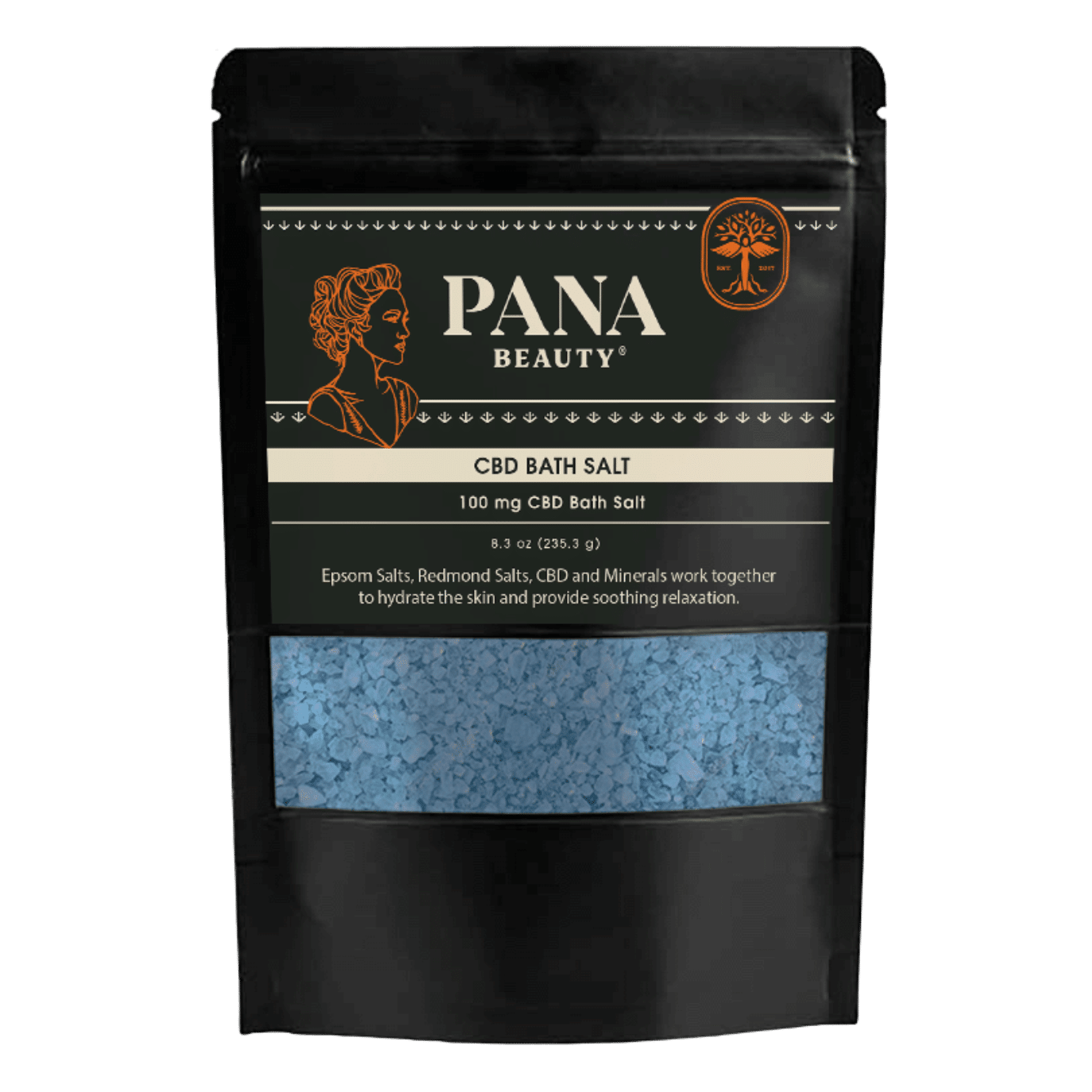It’s likely that readers have heard, read, or used CBD (cannabidiol) oil in some shape or form. But have you heard of CBD tinctures? A tincture? What does that mean? Is it the same as an oil? Is it safe? How do I take it? What does it taste like? What if I don’t like the way it tastes? In this article, Panacea Life Sciences will explain and answer all these questions regarding CBD tinctures, tastes, and everything in between. Read on to understand what CBD tinctures are and how they can make a positive impact on your overall health and wellbeing.
What is CBD (cannabidiol)?
Cannabidiol, more generally known as CBD, is one of the 113 cannabinoids we’ve identified in the Cannabis plant. The most commonly known cannabinoid is THC (tetrahydrocannabinol) THC is the compound that causes the inebriating characteristic most people associate with marijuana use. Because of the psychoactive effect of THC, there have been may studies to understand how this compound works, levels needed for inebriation, and whether THC is safe to use. CBD is found in all strains of Cannabis plants. This includes hemp plants as well as the marijuana plant. CBD is extracted alone or with other cannabinoids depending on the oil formulation (full-spectrum, broad-spectrum or isolate). THC and CBD are often found together, but for a product to be sold as a CBD product it must contain less than .3% of THC. The products are reported to produce a sense of calm in those who experience feelings of anxiousness. CBD may also assist in calming inflammation, general skin health and overall well-being. For those who experience seizures from Lennox-Gastaut syndrome and Dravet syndrome they can use Epidiolex (the only Food and Drug Administration (FDA)-approved medicine containing CBD. CBD can’t get a user high and therefore is safe for daily use with the approval of a medical professional.
Is CBD legal? What about THC?
The short answer to this question is, yes. In 2018 a bill titled the Farm Bill was passed to give all 50 states the ability to grow and sell hemp and CBD that is derived from hemp plants at the federal level. All CBD must contain less than .3% of THC to be sold in a state that does not have legal marijuana use. CBD derived from the marijuana plant with more than .3% THC is illegal in all states without recreational marijuana laws. This is because a THC amount higher than .3% may give psychoactive effects to users. Marijuana for recreational and medical use in certain states, but not all.
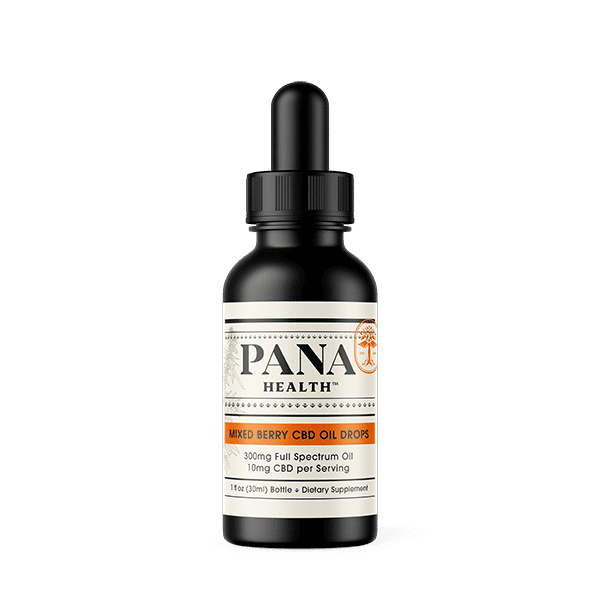
What is the difference between THC and CBD?
CBD and THC are often confused for one another. This is likely because both THC and CBD are extracted from the Cannabis sativa plant. But just because the two components are derived from the same plant does not mean that they are the same. THC is the more commonly known of the two because there has been more research done on it. THC is the element of the cannabis plant that gets a person “high,” which is the biggest differentiator between the two. CBD cannot get a user high. This is because it does not contain the psychoactive compound that is found in Cannabis or marijuana. You can read more about the difference between CBD and THC here. The most important takeaway is that when using a CBD product, you will not be inebriated in any way.
What is a CBD tincture?
Tinctures are simply concentrated extracts. There are several ways to extract CBD into a tincture. This article explains the three main ways to extract CBD. They include carbon dioxide, hydrocarbon/natural solvents, and steam distillation.
- Steam Distillation: During this process, the steam removes the CBD oil from the plant. The plant that the processor wants to extract from is placed in a container that is separate from a boiler full of water. The Cannabis plant is then placed above the boiler and as the steam from the water rises, it separates the hemp oil containing CBD from the plant. The fumes from the plant are then trapped in a tube and then added to water or oil. After this is condensed, the oil is extracted from the water (if used) to create an oil.
- Solvent Extraction (Hydrocarbons and Natural Solvents): This process is similar to the steam distillation extraction method. Rather than using an oil or water to place the extracted CBD in a solvent is used. The solvent of choice is combined with the CBD oil, then the solvent is extracted and producing CBD hemp oil. The type of solvent used varies. The two commonly used are natural solvents and hydrocarbons solvents. This type of extraction is the least popular because it may leave unwanted items behind after the solvent has been extracted. These elements could include butane, propane, or naphtha when hydrocarbon extraction is used.
- Carbon Dioxide Extraction: this type of extraction, known as supercritical fluid extraction (SFE), uses both carbon dioxide liquid and gas properties. This type of extraction is also known as Supercritical Fluid Extraction or SFE. To start this extraction, hemp is placed into a chamber that is then filled with liquid carbon dioxide under pressure. The hemp-CO2 liquid is then pumped into an expansion chamber where the CO2 is allowed to sublimate into gas which is recaptured for the next round of extraction. The remaining liquid is a beautiful, caramel-colored hemp oil free of any solvents.
What does a CBD tincture taste like?
The taste of a CBD tincture varies from tincture to tincture. According to this article, the general taste of CBD oil is often described as nut-like, earthy, or grassy. These tinctures can be used under the tongue, and that is when the taste is generally quite strong. Some users enjoy the taste of the tincture, and others do not. There are other ways to take CBD oil. But, if you want the full effects of the tincture oil, you can place it in various things for ingestion. If you want to use the oil, consider swallowing the tincture with yogurt or adding it to your morning smoothie. Adding the CBD tincture to sweet food items may mask the earthy flavors of the CBD oil while still allowing you to receive the full benefits. However, there are still multiple different ways to get CBD daily that are not tinctures.
What other CBD products are available?
There are plenty of different ways to get a daily amount of CBD. Panacea Life Sciences has multiple types to offer. These include:
- CBD tinctures: an oil-like substance that is placed under the tongue to receive benefits sublingually. This is the fastest way to potentially feel the overall sense of calm, among other effects noted.
- CBD soft capsules: this way of taking CBD eliminates the taste factor that people may not like. This type of daily use does take longer to take effect than the tincture, but it is easy to take along with other daily vitamins or supplements. A soft capsule provides the same amount of CBD every day whereas tinctures will provide variable doses of CBD
- CBD balm: This type of CBD is used for a specific area of the body or an all-over application to the skin. The more this application is used to more effects are felt.
- CBD gummies: gummies are similar to the soft capsules in the way that it is ingested and how it provides benefit. This is a fun and tasty way to get your CBD.
- CBD sublingual tablets are administered by mouth as well.
Conclusion: CBD Tinctures and How They Taste
CBD Tinctures vary by taste depending on the brand and the way the CBD was extracted. In general, tinctures are described to taste “earthy.” Although there are ways to mask the taste of the tincture if needed. Adding the tincture to different sweet-flavored items such as fruit smoothies or yogurt or even ice cream is an option! If there is not a way for you to use tinctures, there are different ways to get a daily administration of CBD. A user can use gummies, soft gels, tablets, or topicals. Try out different options before you settle on one that works best for you. Panacea Life Sciences has multiple types of CBD that you can try. CBD tinctures are great to use for yourself and for a furry friend. Tinctures are a great way to get CBD into your daily life. You can find Panacea Life’s options for CBD here. If you have any questions, feel free to give us a call at 1 (800) 985-0515 or email us at [email protected].
Links:
https://www.agriculture.senate.gov/2018-farm-bill
https://panacealife.com/cbd-vs-thc/

